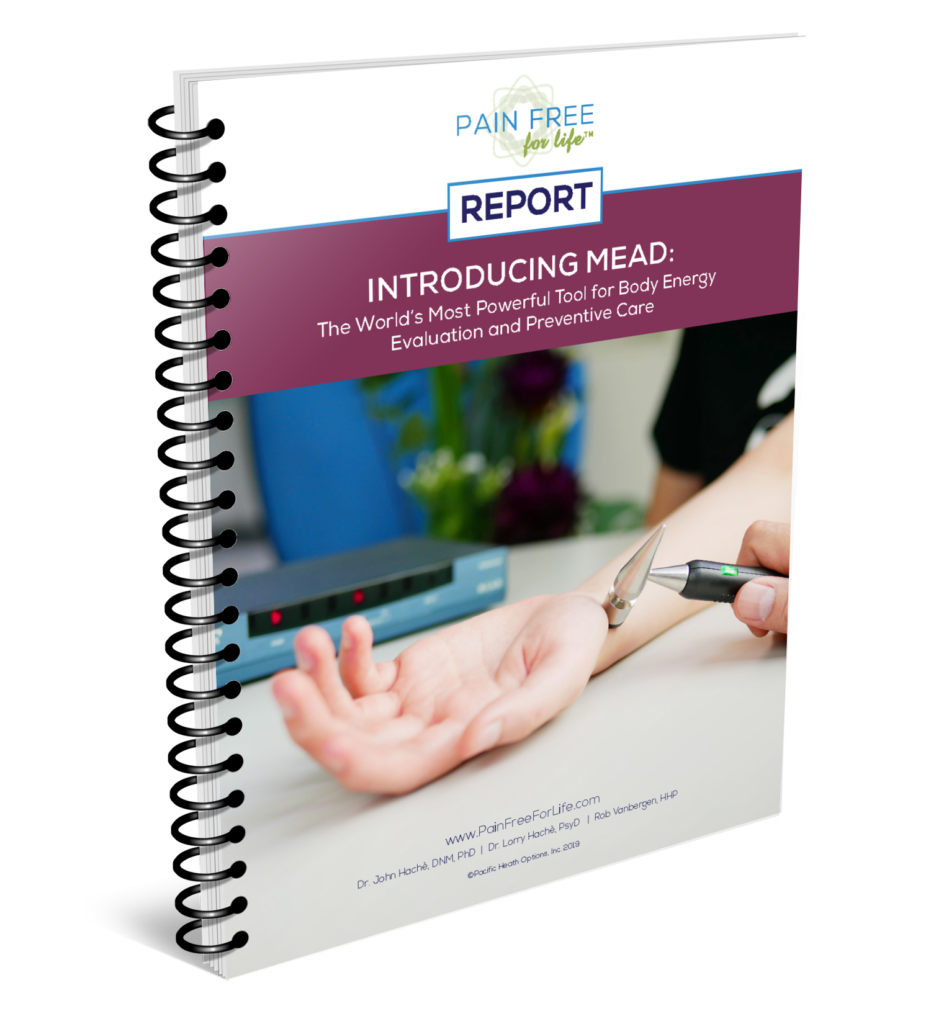
“I will never forget being 18 and ashamed while an old male doctor made it clear he thought I was just a hypochondriac wasting his time.”
It would be over 10 years before Cynthia (not her real name) finally received a diagnosis for the fatigue, pain, weight problems, and other issues she had been experiencing since childhood. Shunted from one pain management doctor’s office to another, she found it next to impossible to find one who would take her seriously.
“I will give my local therapists credit though – every single time I got referred and started telling them what I was dealing with, they’d eventually say ‘you know, this really seems medical.
The problem was getting a GP who would f******* listen. And every time someone doesn’t listen, you get that voice in the back of your head twittering – ‘maybe they’re right. Maybe I am just crazy. Maybe I’m just making it up.’ Until finally you feel like you’re LUCKY that your hair fell out, because at least THAT was concrete evidence.”
Eventually, Cynthia got fed up with being patronized and gaslighted. She packed a baggie full of fallen-out hair and eyelashes and took it to her first appointment at yet another pain clinic.
That seemed to do the trick—or perhaps it was the fact that this pain management doctor had some background in endocrinology—because this doctor actually took the time to listen to (and believe) what Cynthia told her. After a thorough review of bloodwork, Cynthia was referred to an endocrinologist, diagnosed with hypothyroidism, and started on a treatment plan that actually worked for her.
Now, Cynthia looks back at her 20’s as a wasted decade of her life. And the sad thing is, she’s not alone. In fact, she’s one of the lucky ones.
Doc Blocked
Thousands of people suffering from chronic pain and other unexplained symptoms continue to seek help for years without ever getting an answer. Instead, it’s very common for doctors not to believe the extent of their patients’ pain. When this happens, patients are commonly subtly or overtly accused of hypochondria, attention-seeking behavior, mental illness, or even drug addiction.
In fact, the scenario is so common that it’s even earned a name: being “doc blocked.”
Here’s the “official” definition of this dreaded medical condition:
#DOCBLOCK: When a doctor stops a person who is chronically ill from getting a diagnosis by:
- Refusing to do more than standard testing
- Not listening to their symptoms, and/or
- Assuming they are depressed, suffering from hypochondria, or just seeking attention.
Anyone can be doc blocked. But women in particular seem to suffer from the syndrome the most. For instance, statistics cited in a recent report by The Brain Tumor Charity indicate a “worrying disparity” between women and men in the average speed and ease with which they are able to get a diagnosis: women were more likely than men to make over five visits to the doctor and to wait 5 or more years before receiving a diagnosis.
My Pain Management Doctors Can’t Give Me An Answer. What Now?
Unfortunately, most doctors aren’t trained to look for the root cause of illness. Instead, they’re expected to come up with a rapid-fire diagnosis based mainly on your symptoms—which in the case of chronic illness, are often vague or confusing—and a few standard tests.
When nothing shows up, many feel as helpless as their patients do. Some will outright tell you they don’t know what the problem is, or just prescribe pain meds and hope it works. Others, trying to save face, end up essentially blaming you for their own inablilty to diagnose you.
For patients who have been struggling for years for an answer to why their body isn’t working the way it should, the hope they once felt with each new doctor’s appointment begins to be replaced with a sense of dread. “Will they listen to me? Or will I once again be accused of being lazy, crazy, anxious, or on drugs, or simply told to grin and bear it?”
There is a better way.
Many times, in cases where Western medicine struggles to find a diagnosis, an assessment of the meridians used in such methodologies as acupuncture and Traditional Chinese Medicine (TCM) can uncover the root cause of a patient’s illness. Rather than relying on symptoms and trying to put a label on them, meridian analysis evaluates the balance of energy in the body.
Once imbalances are identified, appropriate holistic treatments such as acupuncture and microcurrent as well as diet, exercise, and supplement protocols can be used to bring the body’s energy back into balance. Often, this method can provide a fast and accurate diagnosis even in cases that stump pain management doctors.
Energy Meridian Evaluation Made Accessible

Energy meridian evaluation is a sophisticated process that requires significant professional training and knowledge. Until recently, one could only receive an assessment by going to a trained and experienced practitioner.
Enter the MEAD (Meridian Energy Analysis Device). This easy-to-use, non-invasive piece of equipment uses a simple probe to take energy readings from acupuncture points on the body. It connects directly to a computer through a USB port, and generates these readings into a comprehensive report that spells out exactly what is going on with the energetic body, metabolism, autonomic nerve balance, and TCM measurements such as Qi-blood, yin-yang, and the 5 Elements. Based on these results, the MEAD device offers:
- Pain management therapy suggestions
- Diet advice
- Description of abnormalities
- Early warning of likely future issues
- And more.
While the MEAD device was designed for medical professionals and research institutions, it’s easy enough to use that many of our clients have purchased them for home evaluation purposes and to track their treatment progress (this also allows them to provide us with a really deep look at their health from a distance, which optimizes our ability to help them).
If you would like to know more about the MEAD device download our Special Report: “Introducing MEAD: The World’s Most Powerful Tool for Body Energy Evaluation and Preventative Care” –






